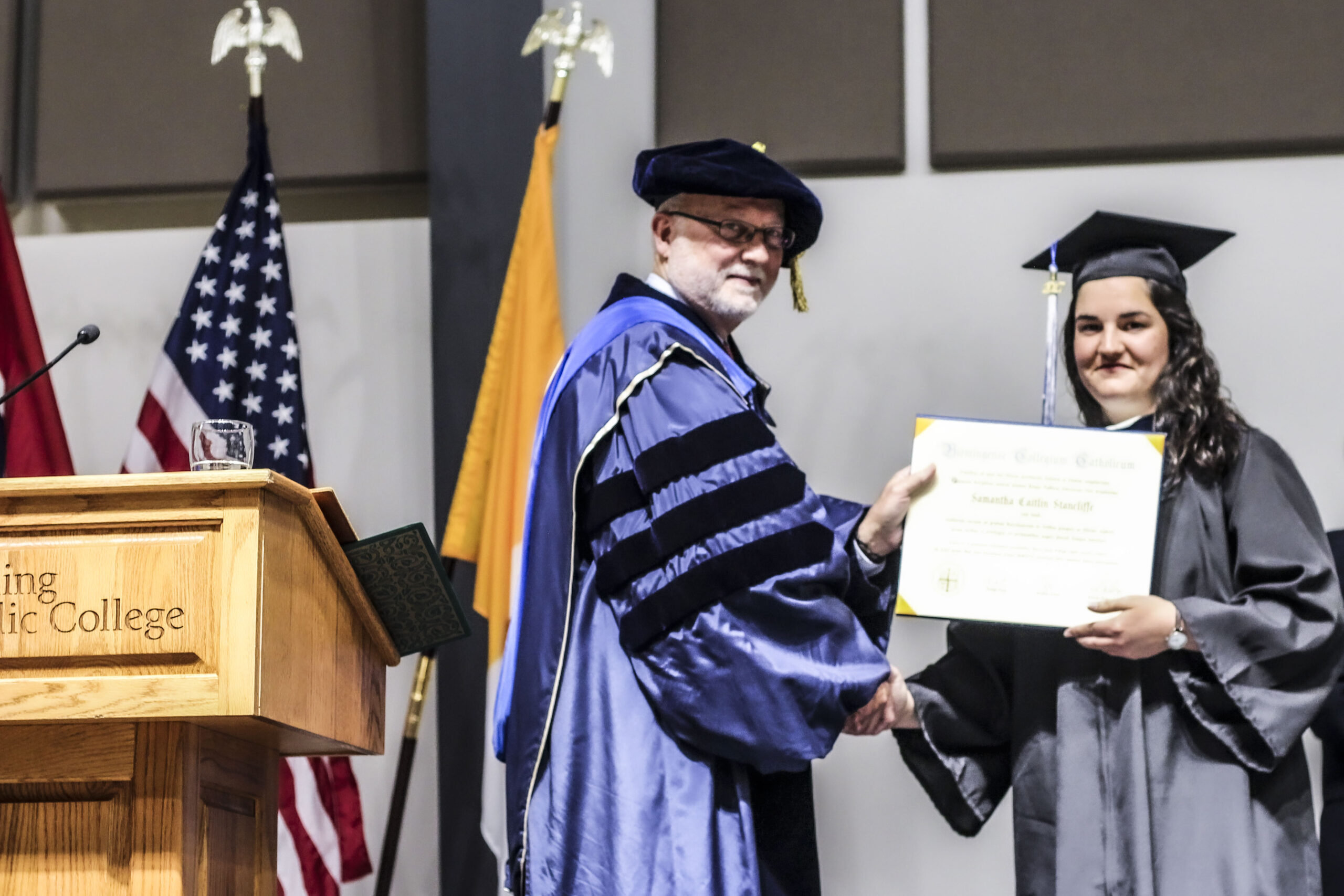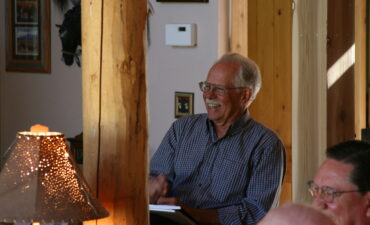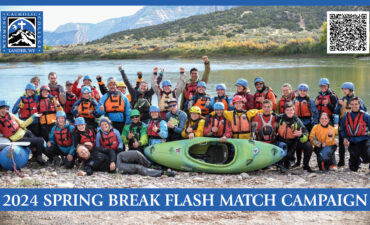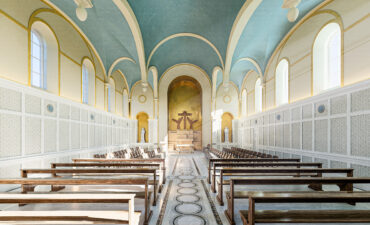“From Music to Midwifery:” A Conversation with Samantha Stancliffe (‘17)
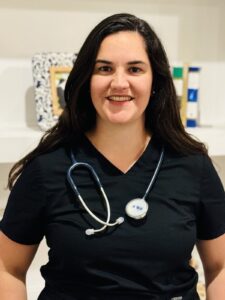 “I was 12 when I first heard about Wyoming Catholic College,” Samantha Stancliffe (‘17), remembers. “A couple of students were being interviewed by EWTN and I remember it very distinctly because my mother came to get me after I had already gone to bed! She said ‘Samantha, you have to see this, you would love this school’. And my goodness, was she right!”
“I was 12 when I first heard about Wyoming Catholic College,” Samantha Stancliffe (‘17), remembers. “A couple of students were being interviewed by EWTN and I remember it very distinctly because my mother came to get me after I had already gone to bed! She said ‘Samantha, you have to see this, you would love this school’. And my goodness, was she right!”
Attending Wyoming Catholic continued to open Samantha’s eyes to a world she had discovered in highschool: “I was already in love with study and learning in general, and I had the advantage of a homeschool curriculum that was very much liberal arts centered, particularly through the high school years. WCC seemed to me the logical next step in my academic journey, a place where I could deepen and refine my understanding and love of the Great Books, and of course nurture my faith at the same time. The uniqueness of the Outdoor Program was a draw for me as well and one of the best things about my four years at the college.”
Now pursuing her certified professional midwife credential (CPM) as a student midwife at the Midwives College of Utah, Samantha continues to work as a birth and postpartum doula, a job she began after graduating. “WCC was such a solid training ground for reasoning clearly and critically, not to mention building fantastic study habits, so I find that I am able to move through my studies in midwifery with relative ease,” Samantha says.
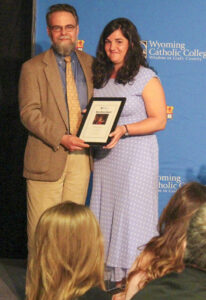 “I deeply appreciated the academic demands, the rigor of the curriculum, and how it made me work harder than I ever thought possible,” she recalls of her time in Lander. One class she particularly remembers is “Music 302 with Dr. Kwasniewski—it opened my eyes to a world with which I was quite unfamiliar. We spent many hours during that class listening to different composers and I understood in a new way the beauty of great music, and how an ancient piece can still move our hearts to this day.” Samantha joined the choir her freshman year, where she learned to sing polyphony and Gregorian chant. By the time her senior year rolled around, she had decided to write her thesis on music and silence in traditional liturgy. And at the Senior awards dinner, she received the St Cecilia Award for excellence in service to the choral program.“The academic camaraderie, among fellow students as well as professors was hugely influential for me, and something I sorely missed after graduation.”
“I deeply appreciated the academic demands, the rigor of the curriculum, and how it made me work harder than I ever thought possible,” she recalls of her time in Lander. One class she particularly remembers is “Music 302 with Dr. Kwasniewski—it opened my eyes to a world with which I was quite unfamiliar. We spent many hours during that class listening to different composers and I understood in a new way the beauty of great music, and how an ancient piece can still move our hearts to this day.” Samantha joined the choir her freshman year, where she learned to sing polyphony and Gregorian chant. By the time her senior year rolled around, she had decided to write her thesis on music and silence in traditional liturgy. And at the Senior awards dinner, she received the St Cecilia Award for excellence in service to the choral program.“The academic camaraderie, among fellow students as well as professors was hugely influential for me, and something I sorely missed after graduation.”
Samantha never seriously considered going into any form of healthcare while in college. “I never thought about midwifery or any path in the medical field until after I had been a doula for a couple of years. Being involved in the world of birth is a terrific learning experience and I began to seriously think about midwifery after attending my first homebirth as a doula.” The experience of assisting at births was a profound experience for her: “There is something very ancient and beautiful about a birth that takes place in the home setting; it’s a reminder of the incredible design of the human body and I feel that it hearkens back to a time less complicated and less technical. I like to remind myself that Socrates’ mother was a midwife, and perhaps provided the experience for her son’s many midwife and birth analogies in the Dialogues.”
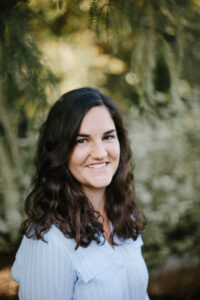 “I think a Liberal Arts education becomes ingrained, if we let it, in our minds and hearts; it becomes a part of our person. In that way it is very much like our Catholic faith; if we are living it well, it speaks for itself. That has been my experience with employers and clients. Even when someone doesn’t quite understand the Liberal arts degree or why a person would choose it, they generally appreciate the qualities that accompany it.” Some fear that pursuing a Liberal arts degree will cut them off from specialized skills in a particular field, but Samantha has never experienced this: “I have never felt that there was a specialized task required by an employer or client that I couldn’t manage. The desire and ability to continue learning is one of the great gifts of the WCC education.” Furthermore, Samantha thinks that “it is the non-technical training of the lady and the gentleman that is so lacking in our day” that makes WCC uniquely valuable.
“I think a Liberal Arts education becomes ingrained, if we let it, in our minds and hearts; it becomes a part of our person. In that way it is very much like our Catholic faith; if we are living it well, it speaks for itself. That has been my experience with employers and clients. Even when someone doesn’t quite understand the Liberal arts degree or why a person would choose it, they generally appreciate the qualities that accompany it.” Some fear that pursuing a Liberal arts degree will cut them off from specialized skills in a particular field, but Samantha has never experienced this: “I have never felt that there was a specialized task required by an employer or client that I couldn’t manage. The desire and ability to continue learning is one of the great gifts of the WCC education.” Furthermore, Samantha thinks that “it is the non-technical training of the lady and the gentleman that is so lacking in our day” that makes WCC uniquely valuable.
For Samantha, the essence of the impact of WCC’s education in her day-to-day life is that the “Liberal Arts education calls its students to a pursuit of what is good, true, and beautiful….Liberal Arts education reminds us, like our favorite wizard, that this time is all we have! And it is up to us to do something good with it. It is our turn to continue the story of human life and thought, and hopefully contribute something meaningful and lasting to the great tradition we have been privileged to receive.”
“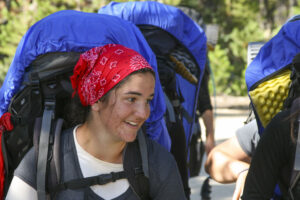 Midwifery is besieged by the same evils that have risen up in every other field, whether medical, political, social, or the like. There is a great wave of recognition and demand for gender neutrality, abortion ‘rights’, and other perversities which I did not expect to find quite so heavily entrenched,” she shares. “Restoring Christian culture is as simple as refusing to say ‘chest-feeding’ rather than ‘breastfeeding’, and as complicated as an all-out disagreement in a virtual classroom about the so-called evils of Christianity and whiteness.”
Midwifery is besieged by the same evils that have risen up in every other field, whether medical, political, social, or the like. There is a great wave of recognition and demand for gender neutrality, abortion ‘rights’, and other perversities which I did not expect to find quite so heavily entrenched,” she shares. “Restoring Christian culture is as simple as refusing to say ‘chest-feeding’ rather than ‘breastfeeding’, and as complicated as an all-out disagreement in a virtual classroom about the so-called evils of Christianity and whiteness.”
The difficulties that can be faced in the medical field in particular, Samantha thinks, make the “stronger formation” of Wyoming Catholic College more important. She shares that “My oldest sister, who is a cloistered nun, likes to tell us ‘This is such a wonderful time to be Catholic!’ She is right, of course, because there are great battles to be fought and we don’t have to go looking for them.” Like every other field, “the field of midwifery desperately needs good Catholics, or at the very least, rational women who are not rabidly trying to overturn the very meaning of natural law. That presence is what I try to bring, right now to my studies, and (God willing!) soon to my clients and colleagues.”

